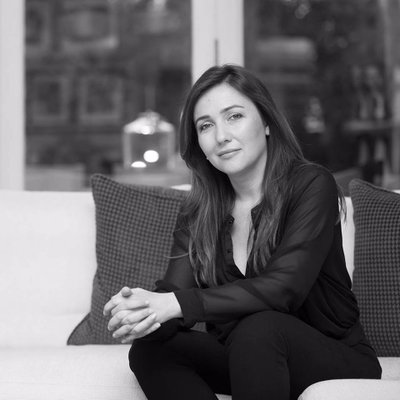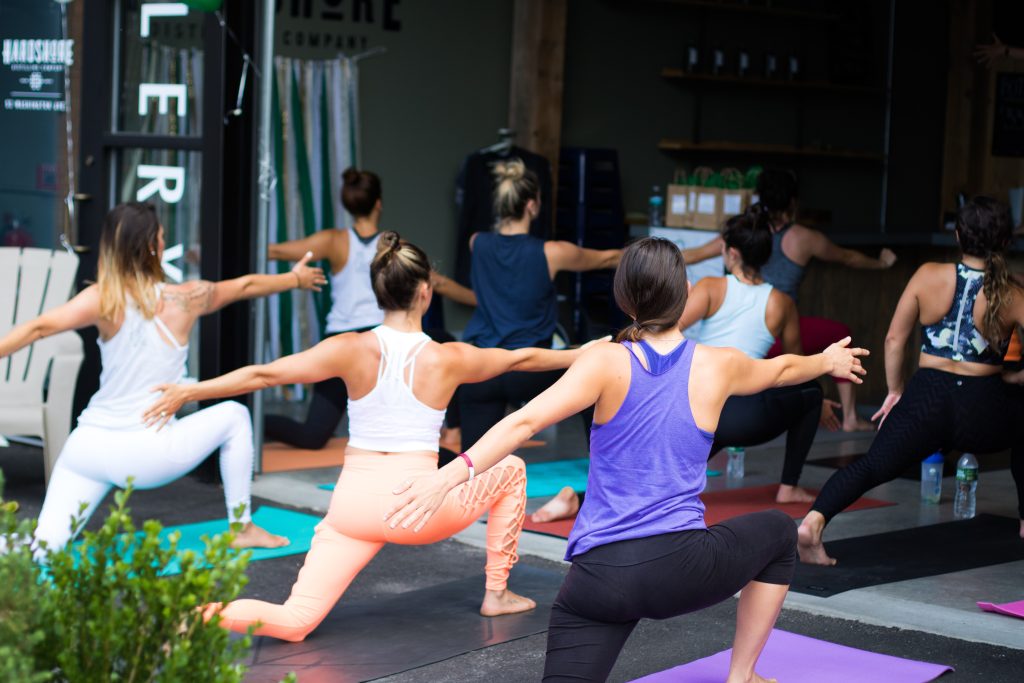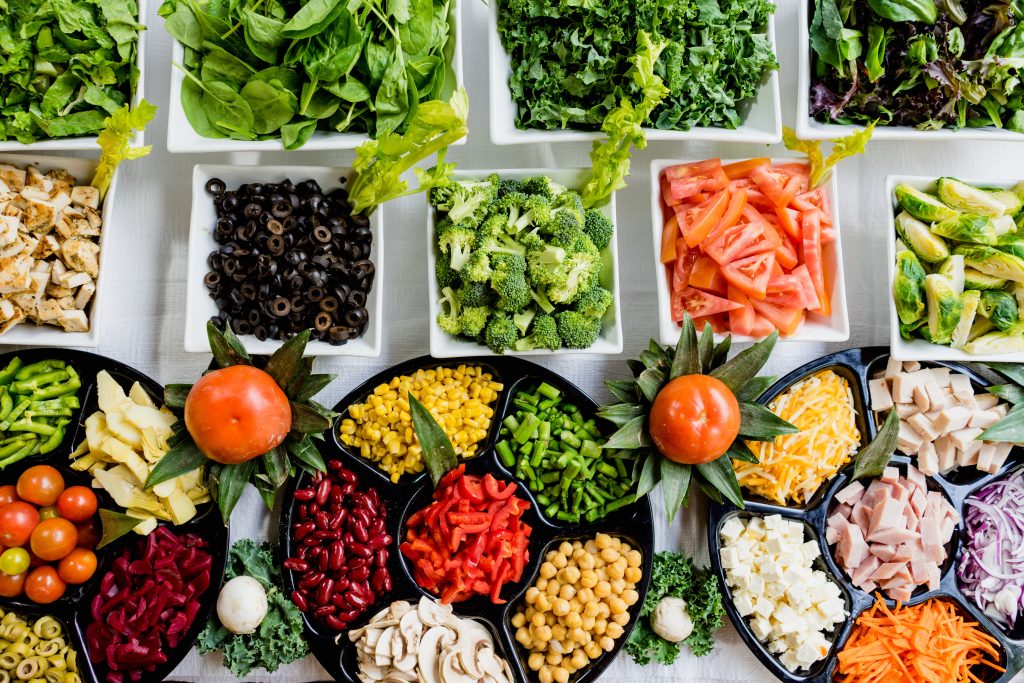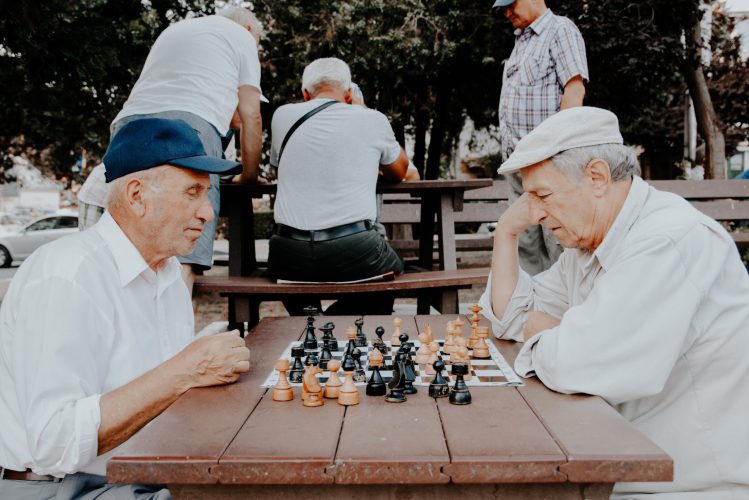
According to an estimate, by 2050, India’s population will have touched 1.7 billion and the average life expectancy will be 80+ years. This means the average person will enjoy 10 bonus years, as, currently, the average life expectancy of Indians is 70.42. But what will the added years mean for those who don’t invest in their health when they’re younger? Will they be able to enjoy fulfilling lives for those additional years? Will they live disease-free?
“The science of longevity is understanding the ageing process and finding out ways to interfere, to slow down, stop or reverse it, so we can stay younger for many more years,” CEO and founder of Paar London, Ayse Kocak told me on an episode of my podcast, Wellness Curated. ‘Paar’ is a Hindi word that means ‘transcend’ and Kocak’s organisation aims to push the boundaries of longevity, functionality and vitality.
These things go hand-in-hand and by ‘younger’, Kocak, of course, means, ‘healthier,’ as there’s a natural association between old age and the decline of health. As longevity researcher Matt Kaeberlein from the University of Washington said on an episode of National Geographic’s podcast, ‘Overheard’; “[What’s] more important potentially than expanding the life span is expanding what we call healthspan, the period of life that’s spent in good health, free from chronic disease and disability. There are a whole lot of people who are living longer with one, two, three, four different diseases of aging. So I think that’s really the promise of what we call geroscience, or aging research; it’s the opportunity to let healthspan catch up and so that we can hopefully push those diseases of aging back as far as possible”.
Geroscience is an approach that involves understanding the genetic, molecular, and cellular mechanisms that make aging a driver of common chronic conditions and diseases. While much remains to be unearthed about the complex process of ageing, there have been significant strides in understanding the underlying mechanisms of ageing, and in developing interventions to slow down and, in some ways, even to reverse this process. These interventions include everything from lifestyle tweaks – changes in exercise and diet and so on – to medical interventions such as gene therapy and stem cell treatments.
We age because of the damage we cause to our genes. And what causes damage to our genes is stress, pollution, processed food, heavy metal toxins, animal proteins, bacteria, viruses, food intolerances, radiation… And, even sunburn, acidity in our body, and the natural process of the DNA replicating.
Ayse Kocak, founder of Paar London

After all, “We age because of the damage we cause to our genes,” as Kocak says on my podcast.
“And what causes damage to our genes is stress, pollution, processed food, heavy metal toxins, animal proteins, bacteria, viruses, food intolerances, radiation… And, even sunburn, acidity in our body, and the natural process of the DNA replicating”, says Kocak.
Stay young at the core
One practice that experts worldwide endorse to slow down these processes is yoga. “Beginning and ending your day with deep, relaxing yogic stretches keeps the body supple and strong,” says yoga coach, Nupur Biswas, founder of NuYoga.

She says that yoga helps us feel “one with ourselves, one with our breath – and that is one of the most calming experiences ever”. A combination of asanas that focus on every part of the body, along with breathing exercises or pranayama, she believes, is an effective way to promote longevity. A seasoned yoga practitioner, Biswas says, will mix the movements up in sessions, to both ensure that the whole body gets worked out and to see that participants aren’t bored.
See also: [The Miracle of Breathwork in Yoga]

Hatha yoga – where one is required to hold positions for extended periods of time – helps to strengthen core muscles and keep the body supple, while improving blood circulation and the resting heart rate. Besides, Pranayama or breathing exercises improve the functioning of the lungs, enhance cognitive skills, memory, focus concentration and balance. Would these translate into keeping you feeling fitter and ‘younger’ in that sense? There’s no doubt about it.
Nupur Biswas, founder of NuYoga
Biswas says that yoga has been seen to counter many age-related physiological changes such as muscle degeneration, stiffness of joints, balance issues, the inability to focus, memory loss and so on. “For instance, Hatha yoga – where one is required to hold positions for extended periods of time – helps to strengthen core muscles and keep the body supple, while improving blood circulation and the resting heart rate. Besides, Pranayama or breathing exercises improve the functioning of the lungs, enhance cognitive skills, memory, focus concentration and balance. Would these translate into keeping you feeling fitter and ‘younger’ in that sense? There’s no doubt about it,” says Biswas.
Eat to live (longer)
But practices like yoga can merely complement other aspects of our lives. Longevity requires adopting a holistic approach to health and well-being, one where equal importance is given to physical fitness, mental health (the whole point is to live a long and happy life, after all) and social well-being. Factors like what you eat and how much sleep you get on a regular basis will make a huge difference here.
Aside from fitness, it’s important to have a healthy social life and to get enough good quality sleep on a regular basis. Your diet plays a huge role in supporting your mental and physical goals, and eating right is therefore vital if you want to live a long, healthy and happy life.
Maadhuri Sharma, nutritionist

Nutritionist Maadhuri Sharma, a mother of two, who has won beauty pageants and worked as a TV show host and video jockey believes that happiness lies in nurturing different sides of one’s personality – and that holistic well-being involves taking a similar view to caring for oneself. “Aside from fitness, it’s important to have a healthy social life and get enough good quality sleep on a regular basis. Your diet plays a huge role in supporting your mental and physical goals, and eating right is therefore vital if you want to live a long, healthy and happy life,” says Sharma.
She points out that inflammatory foods create oxidative stress in the body and therefore lead to disease by shortening the telomeres on the DNA strands. Sharma, therefore, cautions against over-indulging in processed foods, sugar, dairy, seed oils and other foods that spike insulin levels. “The aim should be to work towards adopting a diet that’s rich in antioxidants, like whole grains, and foods with a low glycaemic index like black rice, quinoa, buckwheat, amaranth and so on”.
See also: [Detox and Fasting for Weight loss and Rejuvenation]

Sharma also emphasises the need to work on strength-training as we age. “Muscle mass reduces as we age and weight bearing exercises can help counter this. Sarcopenia is a natural part of aging, but that doesn’t mean you can’t do anything to combat this tendency. It’s important because a reduction in muscle mass would result in weakness and less mobility, and it may also increase your risk of falls and fractures,” Sharma cautions.
All it takes to ensure that you’re in better health as you grow older is, therefore, a good sense of discipline. Beyond that, of course, aging well depends on a number of psychological, social and economic factors. But, perhaps, the most important factor will be whether we’re able to find what can keep us happy in those years of life that we gain. As Kocak says, “Knowing your purpose and living joyfully are key to staying younger for longer.”

